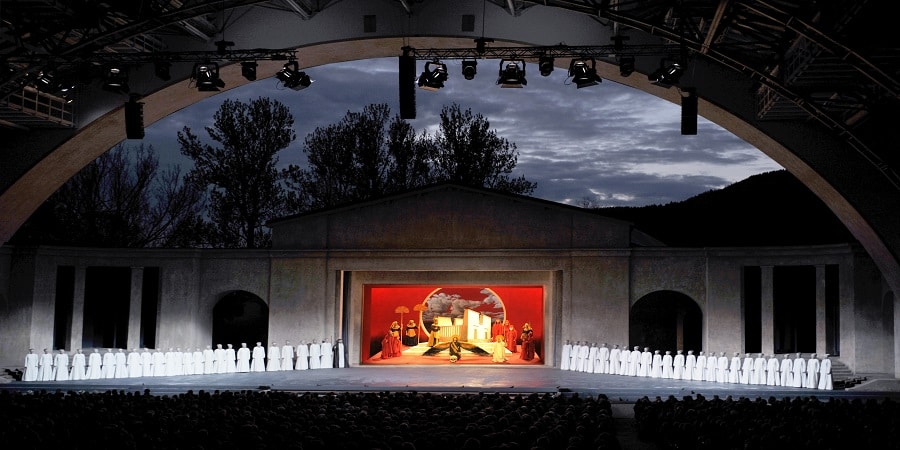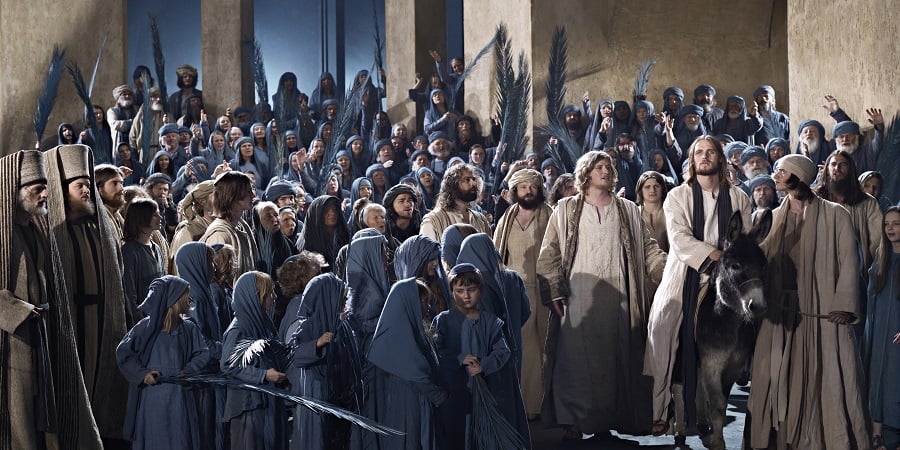Oberammergau
The village of Oberammergau is most famous as the location of the renowned Passion Play for the last 4 centuries. Once every ten years, this unassuming village in the heart of the Bavarian Alps hosts this event, which draws in hundreds of thousands of visitors. The moving re-enactment of Christ's suffering, known as the Passion Play, is a five-hour epic - a tragedy of death and the promise of life. During the 17th century, Oberammergau, like much of Europe, was afflicted with the 'Black Death'. As the town's population dwindled, the local government vowed they would perform the 'Play of the Suffering, Death and Resurrection of Our Lord Jesus Christ' every ten years if God spared them from the plague ravaging the region.





